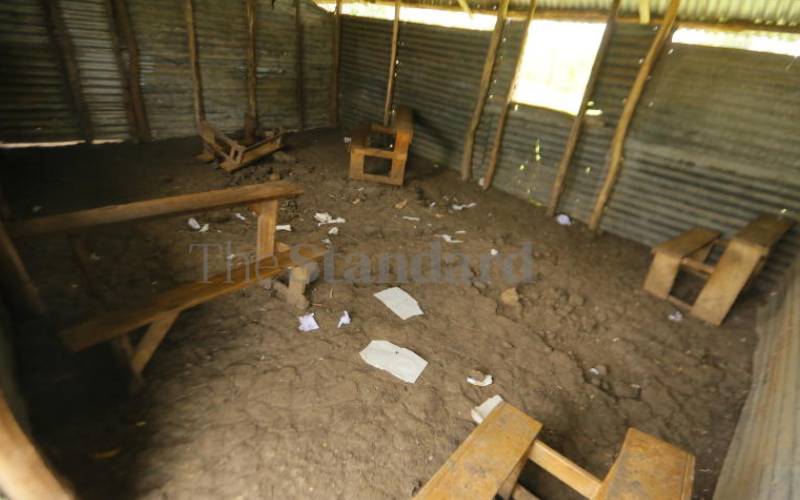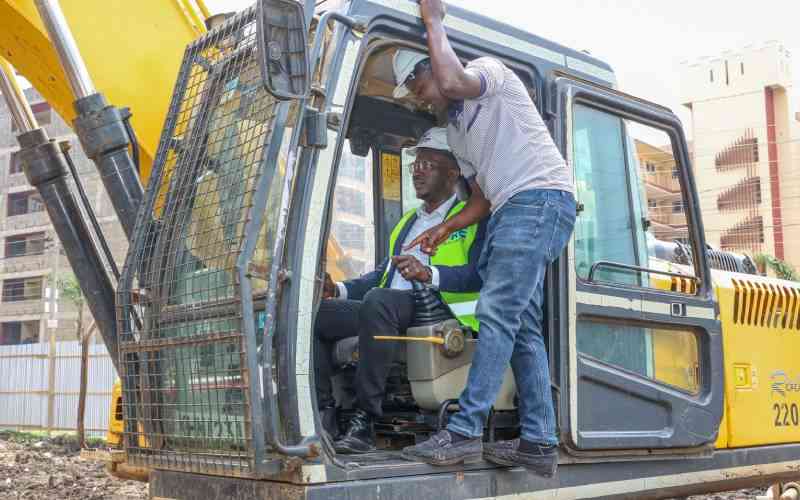×
The Standard e-Paper
Stay Informed, Even Offline

A classroom at Sing'enge Primary School in Homabay County. [Sammy Omingo, Standard]
School infrastructure is a crucial foundation for learning and delivery of sustainable education at the community level.







